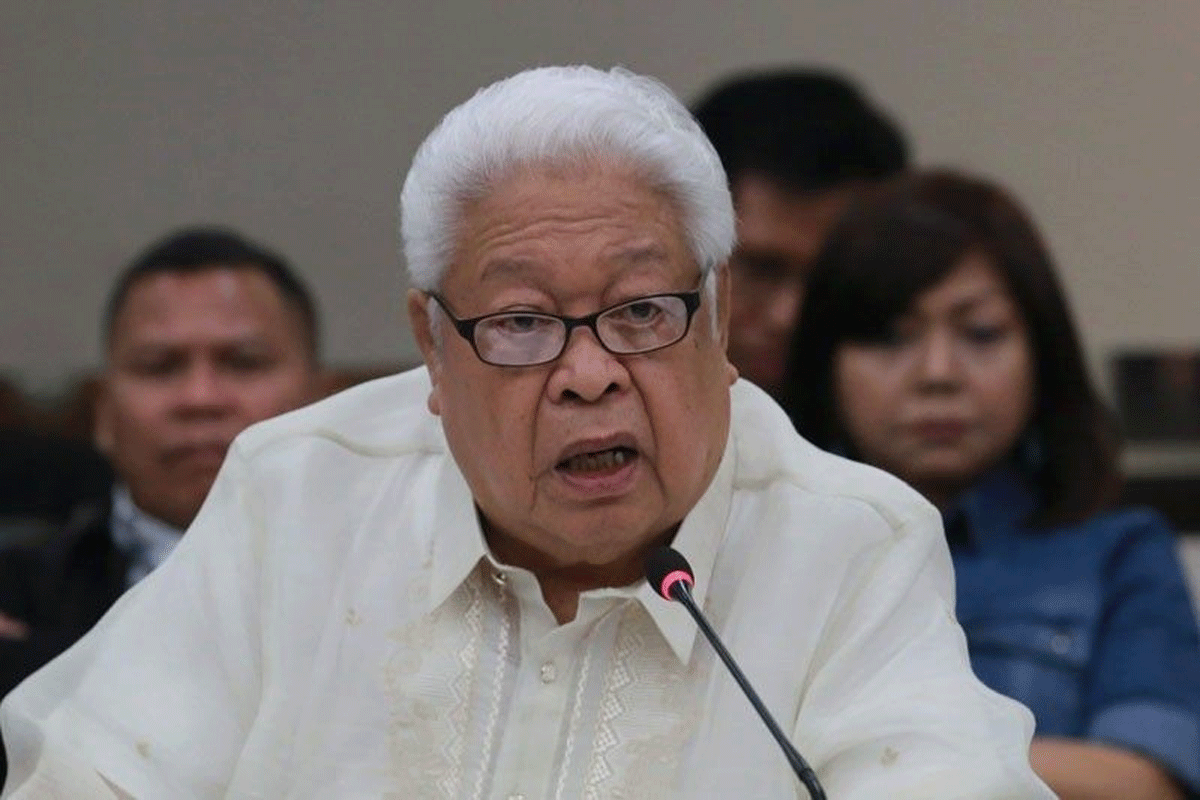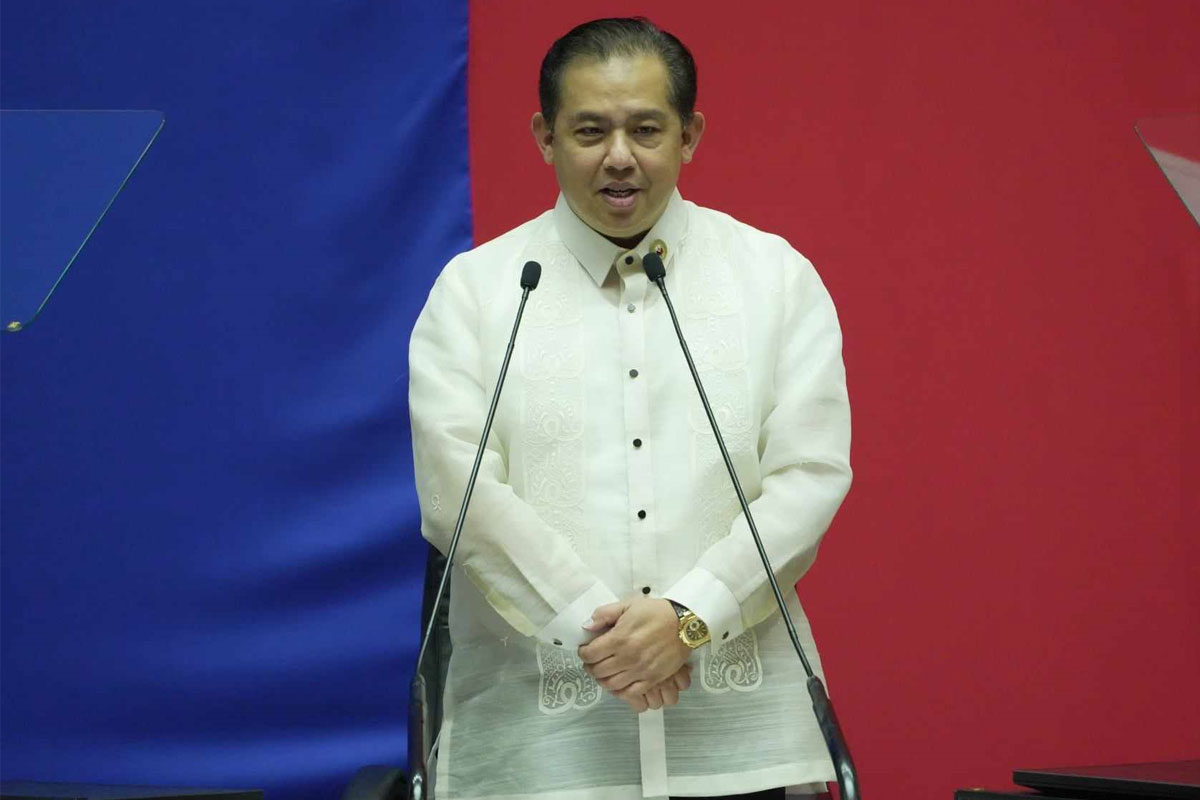
House panel approves absolute divorce bill
THE House committee on family relations has unanimously approved a substitute bill legalizing absolute divorce in the country to relieve a lot of couples locked in broken marriages.
For the second consecutive Congress since the 17th Congress, Albay Rep. Edcel Lagman, principal author of House Bill (HB) 100, said an absolute divorce bill is bound for plenary debates in the House of Representatives.
Lagman said the panel approved the unnumbered substitute bill crafted by a Technical Working Group (TWG) that he chairs.
“No less than Speaker Lord Allan Velasco favors the enactment of a reinstituted absolute divorce law as he submitted the following perfecting amendments which are now incorporated in the substitute bill: (a) provisions on court-assisted petitioners; (b) community-based pre-nuptial and post-matrimonial programs; (c) community-based women’s desks to provide assistance and support to victims of violence and abuse; and (d) an appropriation language for the bill,” Lagman said.
In February 2021, Lagman invoked Rule 10 Section 48 of the House of Representatives in approving three bills that allows committees to dispose priority measures already filed and approved on third reading in the immediately preceding Congress.
Aside from his HB 100, Lagman said other divorce measures filed were HB No. 838 of party-list Reps. Arlene Brosas of Gabriela, France Castro of Alliance and Concerned Teachers (ACT), Sarah Elago of Kabataan, Eufemia Cullamat, Carlos Zarate and Ferdinand Gaite of Bayan Muna; and HB No. 2263 by former Speaker Pantaleon “Bebot” Alvarez.
The other members of the TWG were Reps. Juliet Ferrer, Malou Acosta-Alba, Arlene Brosas, and Ma. Victoria Umali under the overall leadership of Chairperson Ma. Lucille Nava.
Lagman underscored in his sponsorship remarks that “this bill reinstates absolute divorce because absolute divorce was already practiced during the pre-Spanish times, the American colonial period, and during the Japanese occupation.”
He said that with the unanimous approval of the substitute bill “today is a momentous occasion for countless wives, who are battered and deserted, to regain their humanity, self-respect and freedom from irredeemably failed marriages and utterly dysfunctional unions.”
He said the grounds for legal separation, annulment of marriage, and nullification of marriage based on psychological incapacity under the Family Code of the Philippines are included as grounds for absolute divorce and were amended to make said grounds cover causes arising after the solemnization of the marriage.
The Albay lawmaker said the other grounds for divorce are the following: (a) separation in fact for at least five (5) years at the time the petition for absolute divorce is filed; (b) when one of the spouses undergoes a gender reassignment surgery or transitions from one sex to another; (c) irreconcilable marital differences as defined in the bill; (d) other forms of domestic or marital abuse which are also defined in the bill; (e) valid foreign divorce secured by either the alien or Filipino spouse; and (f) a marriage nullified by a recognized religious tribunal.
He said the effects of absolute divorce include the voiding of the marital union and capacitating the divorced spouses to remarry.
Lagman emphasized that the Philippines is the only country in the world today which outlaws absolute divorce, aside from the almost celibate Vatican City state.
He maintained that “it is hard to believe that all the other countries collectively erred in instituting absolute divorce in varying degrees of liberality and limitations.
“An en masse blunder is beyond comprehension. An erroneous unanimity on such a crucial familial institution defies reason and experience. Obviously, the rest of the world cannot be mistaken on the universality of absolute divorce,” Lagman said.


















